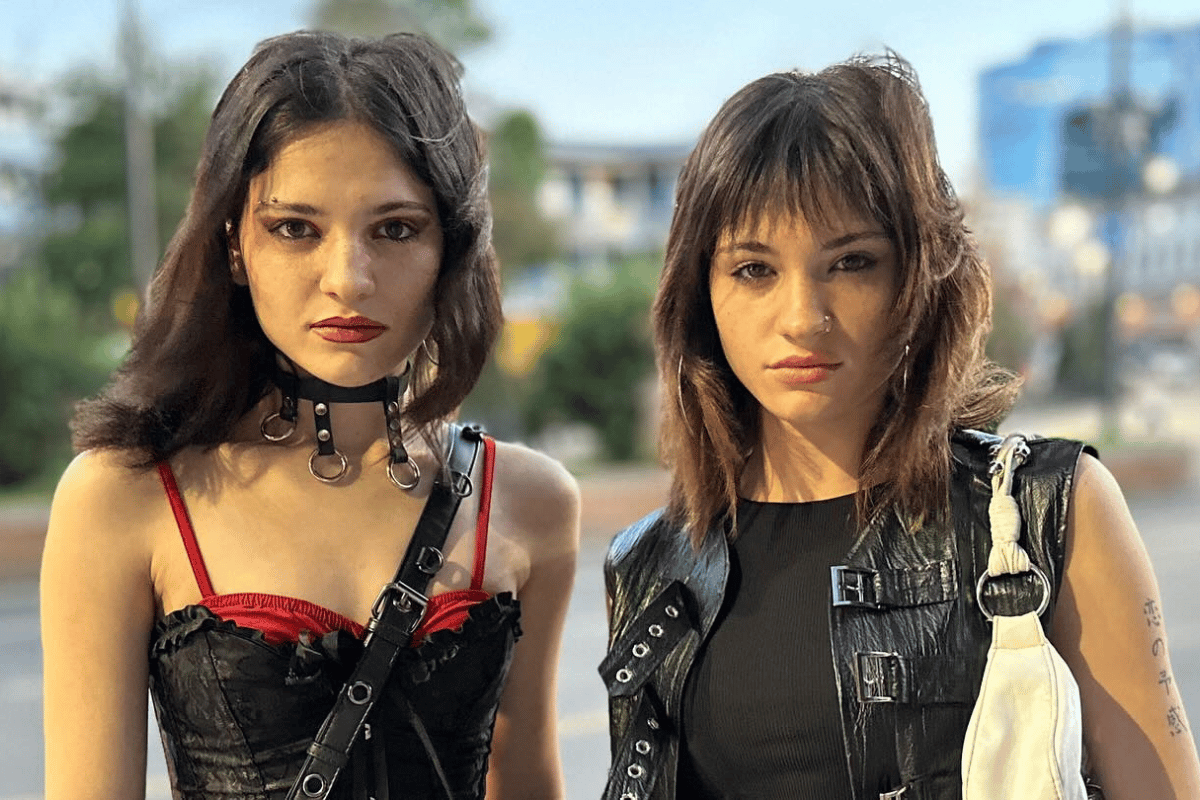
It started with a pierced eyebrow, blue hair and a video on TikTok.
That's all it took for two Georgian twins, separated at birth and sold to different families, to finally find their way back to each other after almost two decades.
For Amy Khvitia, the first hint something was amiss came when she was 12. Watching Georgia's Got Talent at her godmother's house near the Black Sea, she spotted a girl who looked exactly like her performing a jive dance. The resemblance was so striking that people started ringing her mum, asking why Amy was dancing under a different name.
But when Amy mentioned it to her family, as she told the BBC, they brushed it off with a casual "everyone has a doppelgänger".
Fast-forward seven years to November 2021, when Amy posted a TikTok video showing off her new eyebrow piercing and striking blue hair. Three hundred kilometres away in Tbilisi, a girl named Ano Sartania was sent the video by a friend. The resemblance was uncanny, and through a university WhatsApp group and Facebook, the two finally connected.
As the two girls spoke, they realised they shared more than just their startlingly similar looks.
Both were born at Kirtskhi maternity hospital (which no longer exists) in western Georgia, though their birth certificates showed different dates. Both loved dancing, both had the same hairstyle, and they even had the same genetic bone disorder called dysplasia.
Watch: Long-lost identical twin sisters Amy and Ano reunite with birth mother. Post continues after video.





























































































